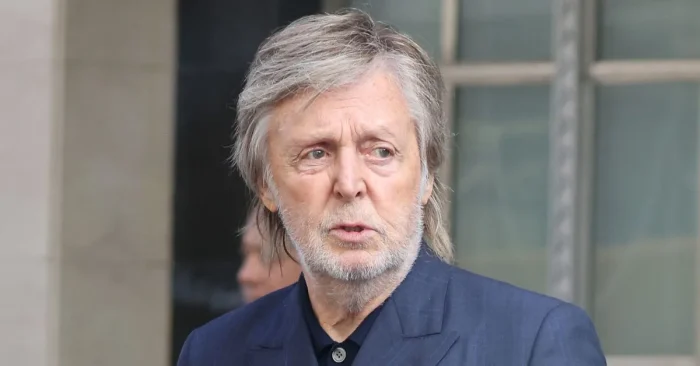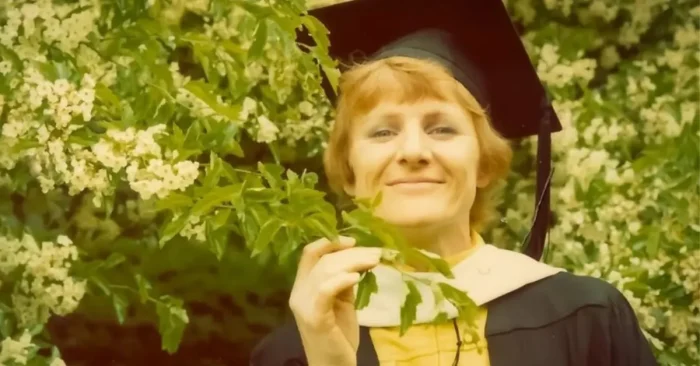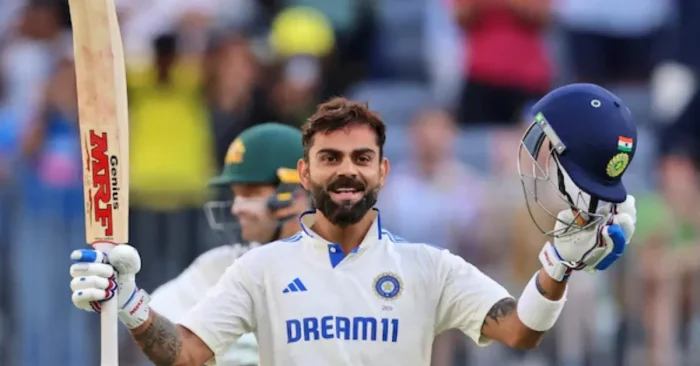Paul McCartney – Biography
Early Life and Musical Roots
Paul McCartney was born on June 18, 1942, in Liverpool, England. Raised in a modest household, Paul’s early life was filled with music thanks to his father, Jim McCartney, who played the piano and encouraged his son’s musical interests. The loss of his mother, Mary, when he was just 14, deeply affected him but also fueled his creative drive. Paul found comfort in music, learning to play guitar, piano, and later experimenting with various instruments. His talent for melody and harmony became evident at a young age, setting the stage for one of the most remarkable careers in music history.
The Beatles and Global Fame
Paul’s life changed forever in 1957 when he met John Lennon at a church fete. The two bonded over their shared love of rock and roll and began writing songs together. Along with George Harrison and Ringo Starr, they formed The Beatles. The group quickly rose to global fame in the early 1960s, sparking what became known as “Beatlemania.” Paul’s songwriting partnership with John Lennon produced some of the most iconic songs in popular music, including “Yesterday,” “Hey Jude,” “Let It Be,” and “Penny Lane.” His melodic instincts, coupled with his versatility as a multi-instrumentalist, became central to The Beatles’ innovative sound.
Artistic Evolution and Innovation
Throughout the 1960s, The Beatles constantly pushed musical boundaries. Paul’s creativity shone in albums like *Sgt. Pepper’s Lonely Hearts Club Band*, *Revolver*, and *The White Album*, where he experimented with different genres and recording techniques. His ability to craft timeless melodies while exploring new sounds helped The Beatles evolve from a pop band into groundbreaking artists who redefined popular music. Beyond their music, The Beatles’ cultural impact was enormous, influencing fashion, art, and politics during a transformative era. Paul’s curiosity and constant desire to innovate kept their sound fresh, even as their fame soared worldwide.
Post-Beatles Career and Wings
After The Beatles disbanded in 1970, Paul embarked on a solo career, releasing the album *McCartney*, which showcased his DIY approach to music-making. In 1971, he formed the band Wings with his wife, Linda McCartney. Wings enjoyed substantial success throughout the 1970s with hits like “Band on the Run,” “Live and Let Die,” and “Jet.” Paul continued to balance pop sensibilities with ambitious musical arrangements, proving his ability to thrive outside the shadow of The Beatles. His solo work revealed a more personal and introspective side, as he explored themes of love, family, and resilience.
Longevity and Continued Success
Unlike many artists of his era, Paul McCartney has remained active and relevant for decades. His later albums, such as *Flaming Pie*, *Memory Almost Full*, and *Egypt Station*, have been praised for their craftsmanship and emotional depth. He has collaborated with artists across generations, from Stevie Wonder to Kanye West, demonstrating his openness to evolving musical landscapes. His live performances continue to draw massive crowds, with fans eager to witness one of music’s living legends. McCartney’s work ethic and passion for songwriting have allowed him to sustain a remarkable career well into his 70s and beyond.
Personal Life and Philanthropy
Paul’s personal life has been deeply connected to his music. His marriage to Linda McCartney was a source of great strength and inspiration until her death in 1998. He later married Heather Mills, and after their divorce, married Nancy Shevell in 2011. McCartney is also known for his advocacy of animal rights, vegetarianism, and environmental causes. The legacy of his charitable work is substantial, reflecting his commitment to using his platform for positive change. Despite his immense fame, Paul has often emphasized the importance of family, balance, and staying grounded in his personal life.
Legacy and Influence
Paul McCartney’s influence on music is immeasurable. As a key member of The Beatles and a successful solo artist, he has shaped the sound of popular music for over six decades. His knack for melody, innovative bass playing, and genre-spanning compositions have inspired countless musicians. Beyond his musical achievements, McCartney’s ability to continually reinvent himself while staying true to his artistic vision makes his career one of the most enduring in modern history. His songs have become part of the cultural fabric, resonating with audiences of all ages and backgrounds.
Conclusion
Paul McCartney’s journey from a young boy in Liverpool to one of the most celebrated musicians in history is nothing short of extraordinary. His passion for music, relentless creativity, and ability to connect with listeners on a deeply emotional level have cemented his legacy. As a Beatle, a solo artist, and a humanitarian, Paul continues to inspire generations with his timeless music and enduring spirit. Even after decades in the spotlight, his work remains vibrant, proving that true artistry knows no age.
Frequently Asked Questions (FAQs)
What is Paul McCartney best known for?
Paul McCartney is best known for being a member of The Beatles and for his successful solo career.
What are some of Paul McCartney’s biggest songs?
His most famous songs include “Hey Jude,” “Yesterday,” “Let It Be,” “Band on the Run,” and “Live and Let Die.”
Is Paul McCartney still performing?
Yes, Paul McCartney continues to perform live and release new music even in his 80s.
What causes does Paul McCartney support?
He supports animal rights, environmental issues, and various charitable causes through his advocacy and philanthropy.
How did Paul McCartney meet John Lennon?
Paul met John Lennon in 1957 at a church fete in Liverpool, where they bonded over their shared love of music.

















